Plug-and-play inference for disease dynamics: measles in large and small populations as a case study

Statistical inference for mechanistic models of partially observed dynamic systems is an active area of research. Most existing inference methods place substantial restrictions upon the form of models that can be fitted and hence upon the nature of the scientific hypotheses that can be entertained and the data that can be used to evaluate them. In contrast, the so-called methods require only simulations from a model and are thus free of such restrictions. We show the utility of the plug-and-play approach in the context of an investigation of measles transmission dynamics. Our novel methodology enables us to ask and answer questions that previous analyses have been unable to address. Specifically, we demonstrate that plug-and-play methods permit the development of a modelling and inference framework applicable to data from both large and small populations. We thereby obtain novel insights into the nature of heterogeneity in mixing and comment on the importance of including extra-demographic stochasticity as a means of dealing with environmental stochasticity and model misspecification. Our approach is readily applicable to many other epidemiological and ecological systems.
